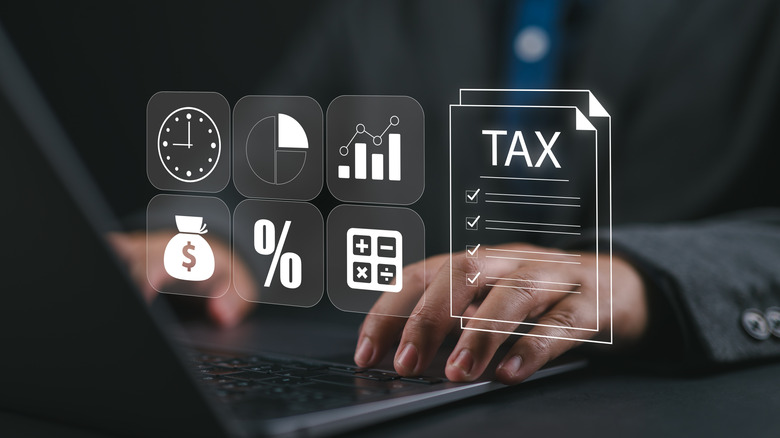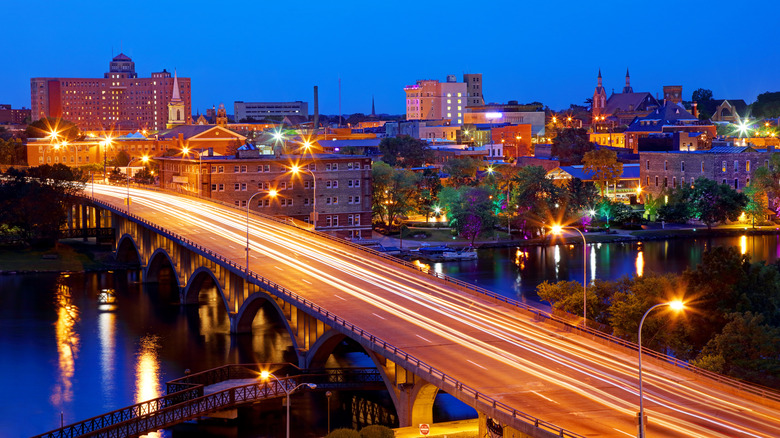Homeowners Pay 2.06% Above Market Value To Live In This American City
Property taxes across the U.S. swing wildly from place to place. The Lincoln Institute of Land Policy found that in 2023, the average effective rate on a median-valued home in major cities was 1.29%. But several cities charge way more than that. For many homeowners, those higher rates make property tax breaks really valuable. However, most local governments depend on these taxes to pay for schools, police, fire departments, and other essential services.
Rockford, Illinois shows just how high these taxes can go. The city sits about 100 miles northwest of Chicago in Winnebago County. Rockford used to be a big name in fastener manufacturing back in the mid-1900s. These days, it's getting attention for a different reason. Homeowners here pay a rate of 2.06% above market value in property taxes, which ranks among the highest in the country, based on ATTOM Data Solutions' 2024 report. A Rockford homeowner could end up paying thousands more each year than someone with a similar home in another city.
What's driving Rockford's high home premiums
Rockford's property taxes come from several local groups — schools, townships, and others — each setting their own rates. The county clerk's office takes all these levies, adds them up, and divides by the total assessed property value in the county to get the final tax rate. Property values in Winnebago County jumped 13%, according to the Rock River Current. That pushed tax bills even higher because eight out of eleven taxing bodies raised their rates in 2024. Only three, including the city, kept theirs steady or lowered them. Many homeowners are now looking into appealing their property taxes to ease the burden.
But appealing your property taxes can be risky. You might not get a reduction. Worse, if you don't handle it right, your assessed value could actually go up. Rockford's median home value sits at $242,000, according to Illinois Policy – below the state median of $282,500 — but rising taxes still hit homeowners hard. State law limits annual levy increases to 5% or the Consumer Price Index (whichever is less), plus new construction adjustments. The Illinois Department of Revenue says that it still allows for a maximum 3.4% hike in 2025.
What Makes Rockford Worth Staying In
Rockford's trying to lighten the load for new homeowners and add more housing at the same time. The city gives a three-year property tax rebate to people who build new single-family homes, townhomes, duplexes, triplexes, or larger buildings — as long as construction starts before the end of 2025 and wraps up within a year. It's a move that's pulling in buyers, investors, and developers, and it's helping neighborhoods stay stable while adding more places to live.
The Federal Reserve Bank of St. Louis says Rockford's Regional Price Parity was 90.067 in 2023. That means living here costs about 9.93% less than the national average of 100. A gallon of milk runs $4.73, eggs cost $3.36 for a dozen, and potatoes are $4.31 per pound, according to RentCafe's 2025 data. Electricity bills usually run about $91.29 a month — much lower than the U.S. average of $142.37, according to PowerOutage.us. All these savings pile up. People can spend more on things they want or sock away extra money. Plus, Illinois is one of the states that exempts Social Security income, which gives older adults additional breathing room.


